Are you struggling to keep your projects on track and deliver high-quality results within the given time frame? If so, project management is the key to your success. In today’s fast-paced business world, effective project management plays a vital role in ensuring the successful completion of any endeavor.
From planning and organizing resources to meeting deadlines and staying within budget, project management provides you with a structured approach that maximizes efficiency and minimizes risks.
With project management, you can effectively plan and organize the necessary resources for your projects. By clearly defining the scope of work, setting objectives, and identifying potential risks, you can allocate the right people, materials, and equipment at each stage of your project.
This allows you to streamline processes and eliminate unnecessary delays or bottlenecks that could hinder progress. In this post, we delve into the importance of project management and much more. So, let’s delve into the subject.
Why Is Project Management Important?
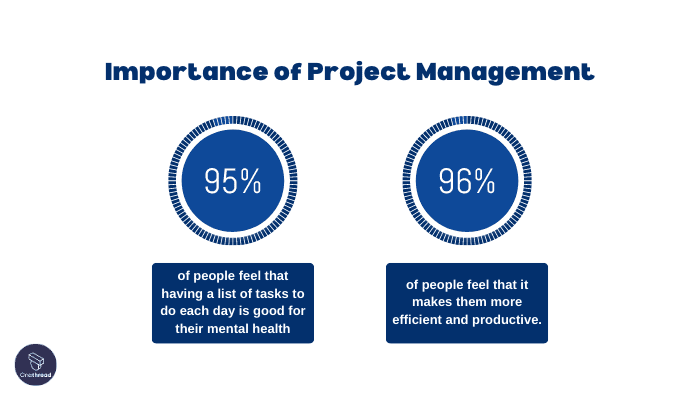
Project management plays a pivotal role in achieving successful outcomes in various endeavors. It’s a structured approach that enables organizations and teams to effectively plan, execute, monitor, and close projects.
Whether it’s a business initiative, a construction project, a software development endeavor, or any other undertaking, project management provides the necessary tools and methodologies to ensure that goals are met, resources are optimized, and stakeholders are satisfied.
In this section, we will delve into the multifaceted importance of project management, exploring how it drives efficiency, collaboration, goal attainment, and overall success in today’s dynamic and competitive landscape.
Importance of Project Management for Business Success
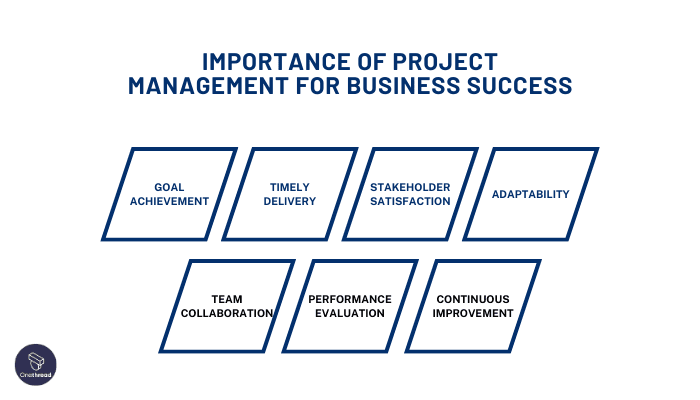
Here’s why project management is crucial for business success:
- Goal Achievement: Effective project management ensures that projects are aligned with business objectives. It helps define clear goals, scope, and deliverables, enabling teams to stay focused on what truly matters.
- Timely Delivery: Meeting deadlines is paramount in business. Project management methodologies create structured timelines and milestones, enhancing the likelihood of on-time project completion.
- Stakeholder Satisfaction: Engaging stakeholders and managing their expectations is critical. Project management involves continuous communication, ensuring stakeholders are informed and satisfied.
- Adaptability: Business landscapes evolve. Project management methodologies, like Agile, enable businesses to adapt to changing requirements, fostering flexibility and innovation.
- Team Collaboration: Cross-functional teams work cohesively under project management frameworks. Collaboration and knowledge sharing boost creativity and problem-solving.
- Performance Evaluation: Clear metrics and key performance indicators (KPIs) are established through project management. This allows businesses to assess project success objectively.
- Continuous Improvement: Post-project reviews foster learning. Project management encourages capturing lessons learned for future improvements.
Pivotal Role in Business Performance
According to a study conducted by PWC, an overwhelming 97% of organizations consider need of project management as critical to their overall business performance. This statistic underscores the growing recognition of project management’s value in achieving success.
Integration into Workflow
To enhance their chances of success, an increasing number of companies are integrating project management into their workflows. They understand that effective project management provides structure, clarity, and accountability throughout the project lifecycle.
Exploration of New Tools
To optimize project management processes, organizations are actively exploring new project management tools and software. These tools offer features and functionalities that streamline project planning, collaboration, and monitoring, further contributing to organizational success.
In today’s dynamic business environment, need of project management plays a vital role in driving success and achieving desired outcomes. The historical evolution of project management, combined with its contemporary significance, highlights the necessity for businesses to embrace project management principles and leverage innovative tools to stay competitive and achieve their goals.
Why Do We Use Project Management?
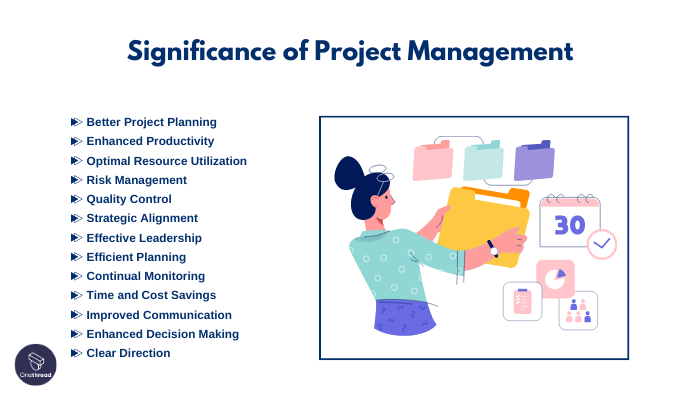
Project management encompasses the utilization of various skills, methodologies, and tools to effectively plan, organize, and oversee diverse projects within specific parameters. Its primary objective is to ensure the timely completion of each project by efficiently managing its progression.
Project management extends its benefits to all stakeholders involved, including project managers, team members striving to deliver their best work, and clients eagerly awaiting updates and project fulfillment. It is not limited to a particular section of an organization but rather contributes to the overall success of the entire entity.
In essence, project management revolves around delivering outcomes that bring about positive changes for the organization. To better understand the significance and relevance of project management, consider the following compelling reasons:
1. Better Project Planning
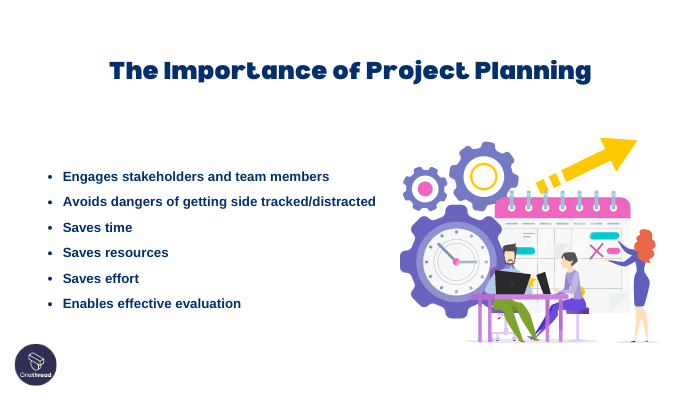
Effective project planning is a critical aspect that determines the success or failure of a project. By setting clear expectations regarding deliverables, timelines, and budgets, project managers can increase the chances of successfully completing projects.
In contrast, vague estimates and unrealistic deadlines can doom a project from the start. Without proper project management, teams may commence work without a well-defined project plan. By establishing project focus and objectives, project members can progress without confusion or chaos, setting the stage for success.
2. Enhanced Productivity
The ultimate goal of project management is to improve efficiency and productivity. Businesses strive to achieve maximum output in minimal time. Unproductive employees and wasted hours can severely impact a project’s overall efficiency.
However, with effective project management methods in place, organizations can address productivity challenges and empower employees to deliver their best work throughout all project stages.
From planning to execution to delivery, project management ensures optimal productivity and project success.
3. Optimal Resource Utilization
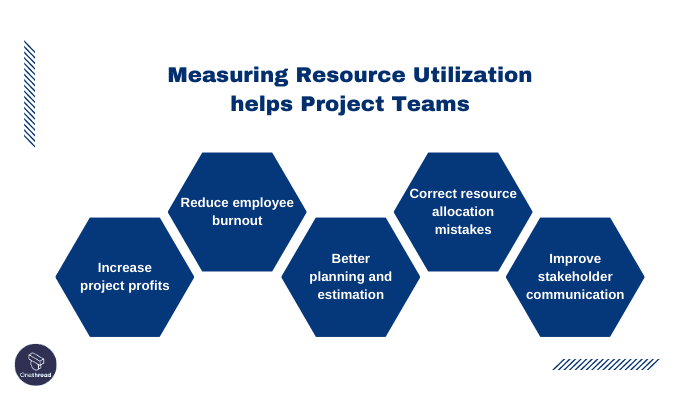
Proper resource utilization is crucial for projects, regardless of their complexity. Implementing the appropriate project management methodology allows organizations to make the best use of available resources.
Agile approaches are ideal for small and medium-scale projects, while traditional project management approaches are better suited for large-scale endeavors. Employing the right methodology helps project managers align resources with project requirements, ensuring maximum utilization and minimizing wastage.
4. Risk Management
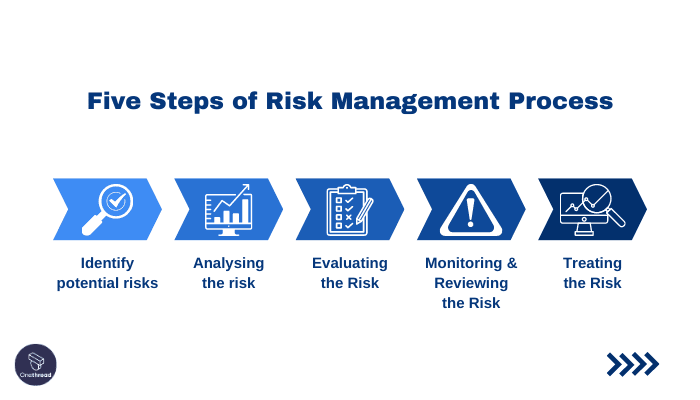
When initiating a project, it is crucial to have a well-thought-out strategy. However, it is equally important to identify potential risks that may hinder project progress. Through effective project management, led by a skilled project manager, organizations can stay one step ahead of unforeseen risks and threats, ensuring smoother project execution.
5. Quality Control
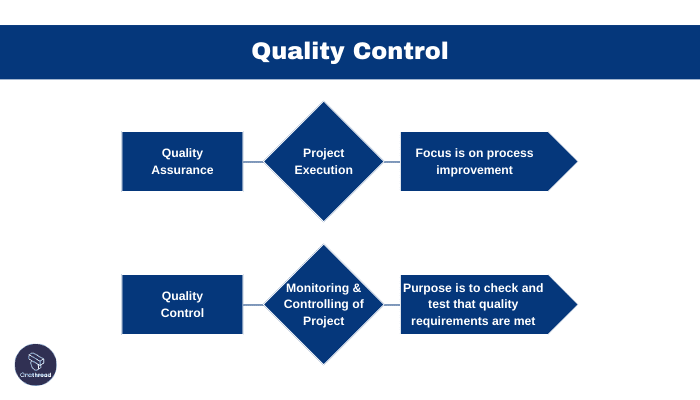
Project members face immense pressure to adhere to project guidelines, deadlines, budgets, compliance standards, and quality control measures. Project management plays a vital role in identifying, managing, and controlling the quality of the deliverables.
By implementing robust quality control processes, organizations can ensure that the end result meets the required standards and fulfills client expectations.
6. Strategic Alignment
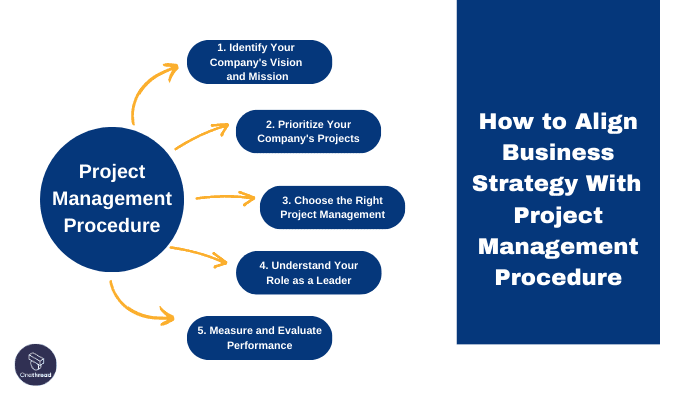
Project management is instrumental in aligning project activities with an organization’s overall strategy. It is essential to ensure that the project’s goals and objectives are in line with the organization’s long-term vision and strategic framework.
Effective project management enables individuals to align the project’s trajectory with the company’s mission, strategic goals, and objectives, positioning the organization for profitability and success in a competitive landscape.
7. Effective Leadership
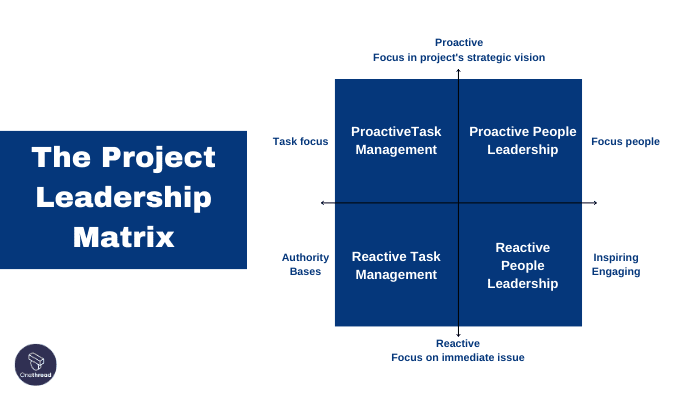
Successful project management requires effective leadership skills. A competent project manager should possess the ability to provide guidance, motivation, and inspiration to the entire project team.
Effective leaders steer and manage teams towards achieving project goals and milestones. By paving the way for effective leadership, project management ensures efficient coordination and collaboration, resulting in project success.
8. Efficient Planning
Efficient planning is crucial for project success. With clear responsibilities, streamlined procedures, risk assessments, and a well-defined strategy, project management ensures better and more efficient planning.
Without an organized and easy-to-understand plan, businesses are susceptible to risks such as project failure, loss of trust, and misinterpretation of information. A comprehensive project plan provides a bird’s eye view of all project details, enabling teams to stay on track and achieve their goals.
9. Continual Monitoring
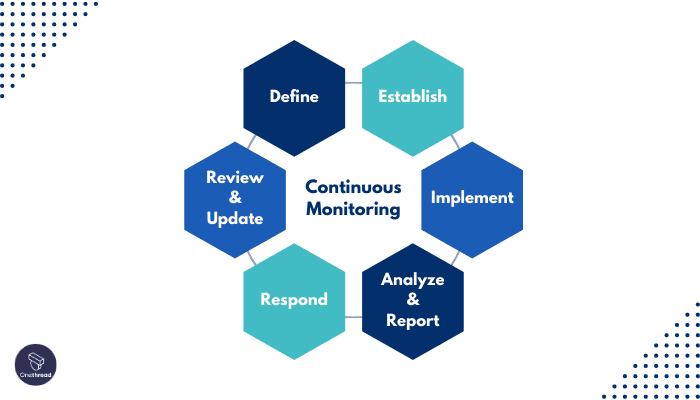
Continuous monitoring is essential to ensure that a project stays on its intended path. Project management plays a vital role in regular monitoring, enabling the identification of any deviations from the original plan.
With effective oversight and project reporting, project managers can quickly spot issues and take corrective action, ensuring the project’s success.
10. Time and Cost Savings
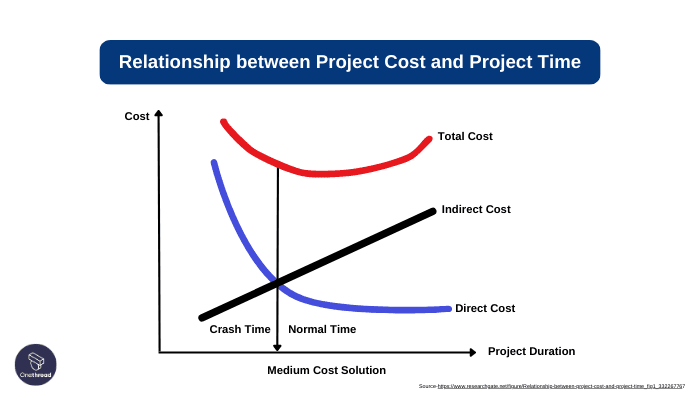
Effective time and cost management are top priorities for organizations. Project management is the key to achieving these objectives. By employing proper planning techniques, teams can ensure timely project delivery and adherence to specific budgets.
Project management provides a framework for outlining the project’s entire scope, allowing teams to allocate resources efficiently, prepare for potential issues, and avoid delays and additional costs.
11. Improved Communication
Randomly working on projects without project management practices and plans can lead to confusion and conflicts, ultimately resulting in project failure. Effective project management streamlines team communication, aligning everyone with the same goals.
It reduces complexity in collaboration and coordination across different teams and departments. Project management promotes transparency, accountability, and minimizes the chances of miscommunication, enhancing project outcomes.
12. Enhanced Decision Making
Project management provides a clear understanding of project progress, resource allocation, priorities, and potential issues. With comprehensive project insights, project managers can make quick and informed decisions. Early identification of issues, avoidance of bottlenecks, and the ability to proactively address challenges are significant benefits of project management.
By facilitating better decision making, project management improves project outcomes and success rates.
13. Clear Direction
Project management provides a structured approach, offering clarity and guidance to all project participants. It establishes a clear path towards achieving project objectives, ensuring everyone is aligned and working towards the same goals.
How Onethread Benefits Project Management
Onethread is a comprehensive project management software that empowers teams to unleash their full potential by providing them with exceptional project management solutions, all consolidated in a single platform.
With Onethread, the hassle of juggling multiple tools becomes a thing of the past as it serves as your ultimate destination for all your project management needs. This project management software operates on the principle of centralization, ensuring that all your project requirements are easily accessible from one centralized hub.
By utilizing Onethread, the tedious task of switching between various applications to share updates, collaborate, or manage tasks is eliminated, as everything can be seamlessly accomplished in one place.
Onethread goes beyond a mere project management tool by offering a diverse range of productivity-enhancing features, catering to teams of all sizes. These tools are designed to boost productivity and elevate project performance to new heights.
Now, let’s delve into the specific ways in which Onethread benefits project management:
1. Task Management Made Easy with Onethread
Efficient task management is crucial for project managers to ensure team productivity and timely completion of projects. With Onethread, managing tasks becomes a hassle-free process, allowing teams to stay organized, prioritize work, and meet deadlines effectively.
Kanban Boards: Visualize and Track Progress
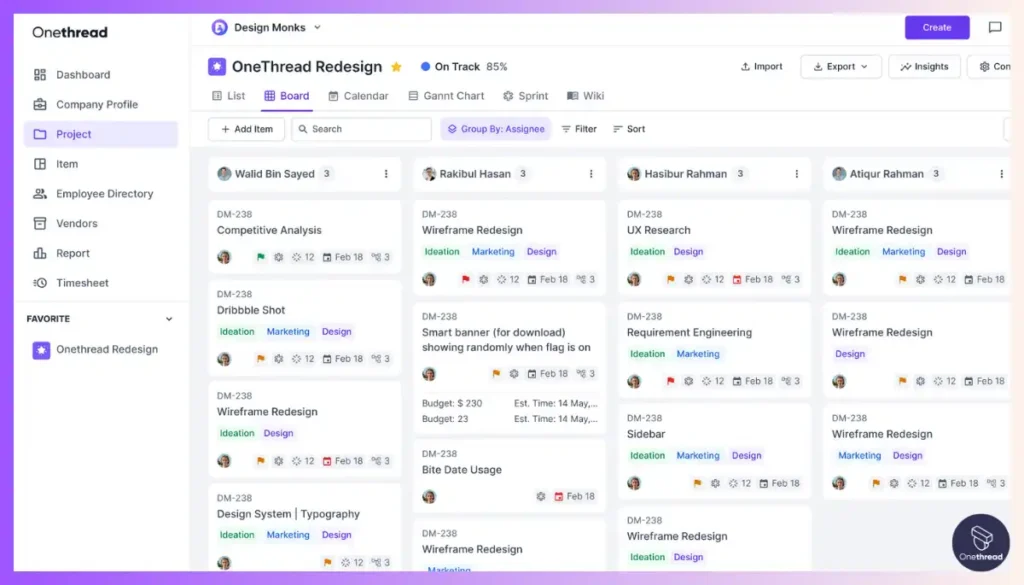
Kanban boards offered by Onethread provide an efficient way to manage tasks and projects. These boards offer a visual representation of the overall progress of your team and projects. Tasks are divided into stages such as to-do, in progress, and completed, allowing you to track status and progress effortlessly.
Key Features:
- Gain a comprehensive picture of your team’s workflow
- Monitor tasks in progress and completed
- Identify bottlenecks and plan next steps accordingly
- Set priorities and track them easily
Table View: Organize and Communicate Data
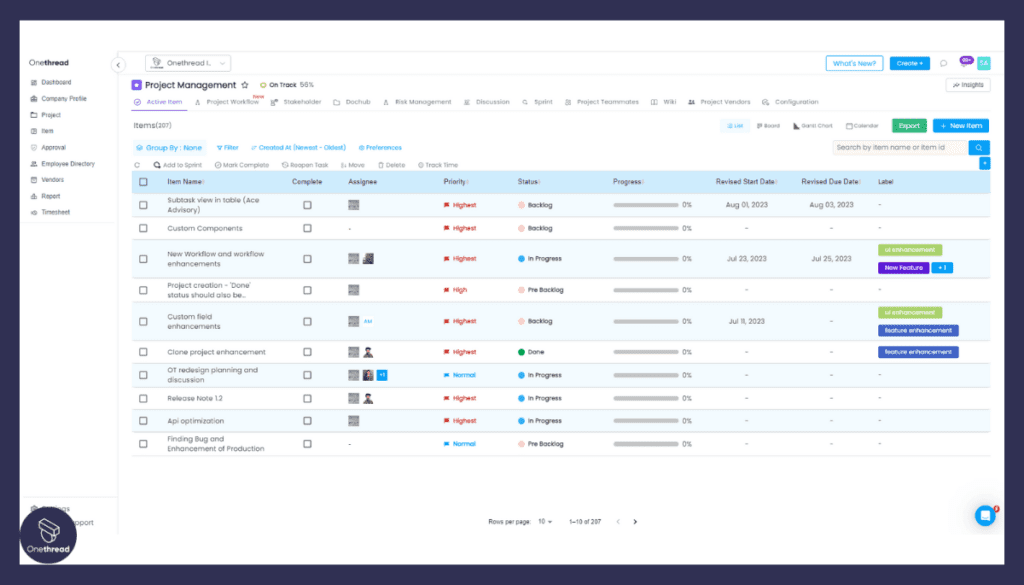
Table View in Onethread presents task-related data in a structured table layout, similar to an interactive Excel spreadsheet. It caters to individuals experienced with working in tabular formats, offering an array of column functions.
Key Features:
- Assign, sort, and color-code tasks for enhanced organization
- Customize the table view to display critical information prominently
- Filter data by importance and personalize work organization
- Utilize custom task fields to capture project-specific details
By leveraging the flexibility of table view, you can ensure that vital information is readily available, and project requirements are met efficiently.
2. Efficient Work Planning with Onethread
Planning plays a crucial role in project management, providing guidance to stakeholders and project managers for subsequent project phases. Effective planning ensures goal identification, deadline adherence, task prioritization, risk reduction, and desired project outcomes.
Onethread simplifies work planning by offering comprehensive features to streamline the process.
Gantt Charts: Visualize and Schedule Projects
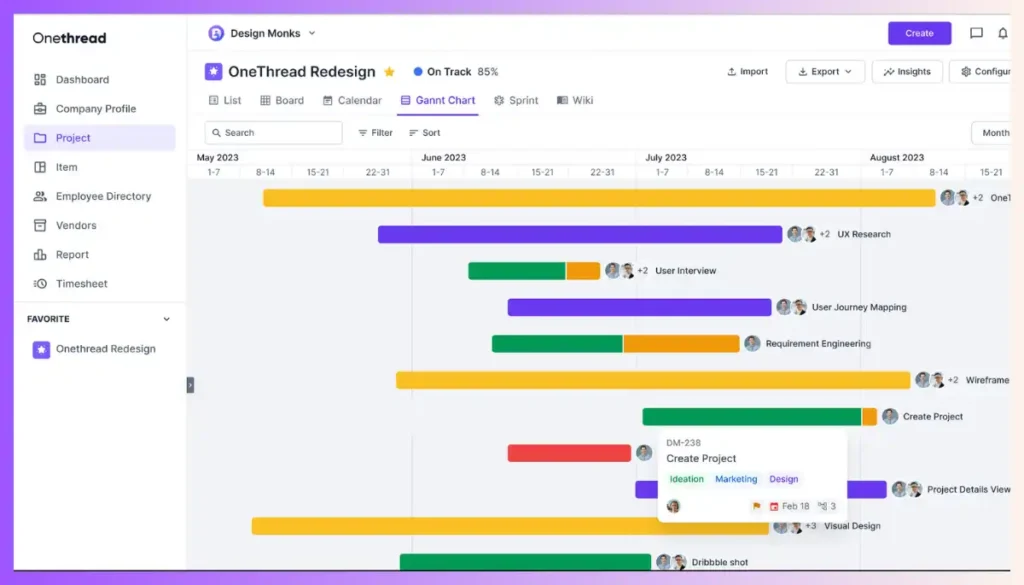
Gantt charts provided by Onethread offer a robust visual representation of project timelines, tasks, and resources. These charts display task dependencies, durations, and task assignees, allowing project managers to allocate resources effectively and track progress against time.
Key Features:
- Visualize project timelines and dependencies
- Track task durations and completion times
- Allocate resources efficiently
- Plan and schedule tasks to meet deadlines effectively
Calendar View: Stay Updated on Project Milestones
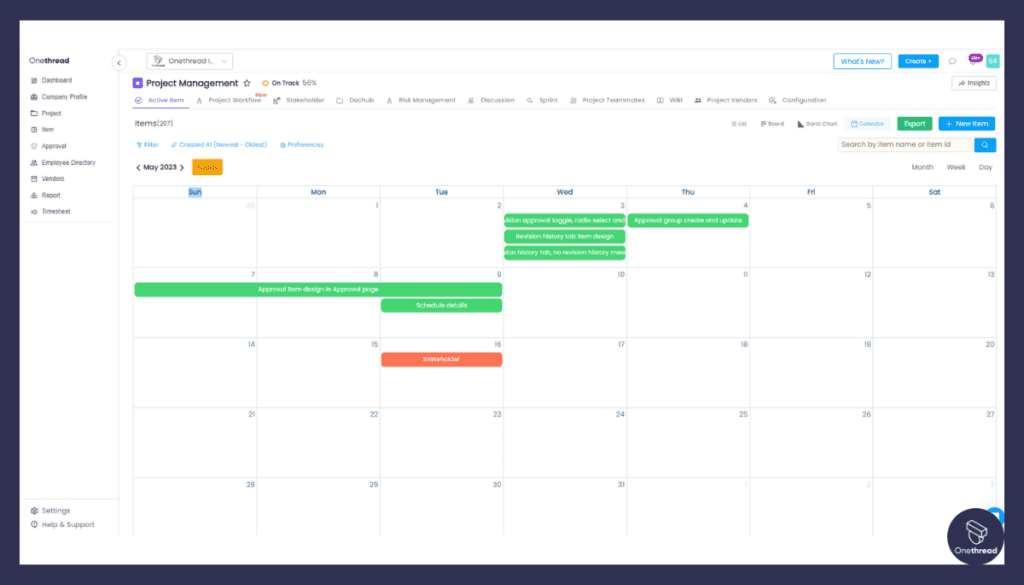
Calendar View in Onethread serves as a powerful work planning tool, ensuring that critical project milestones and tasks are never missed. It presents key events, tasks, and milestones in a centralized view, allowing project managers to stay on top of project schedules.
Key Features:
- Schedule essential events and set reminders
- Monitor assigned tasks throughout the week
- Gain a clear overview of project timelines
- Ensure timely follow-up on important work
Reports: Real-time Progress Tracking
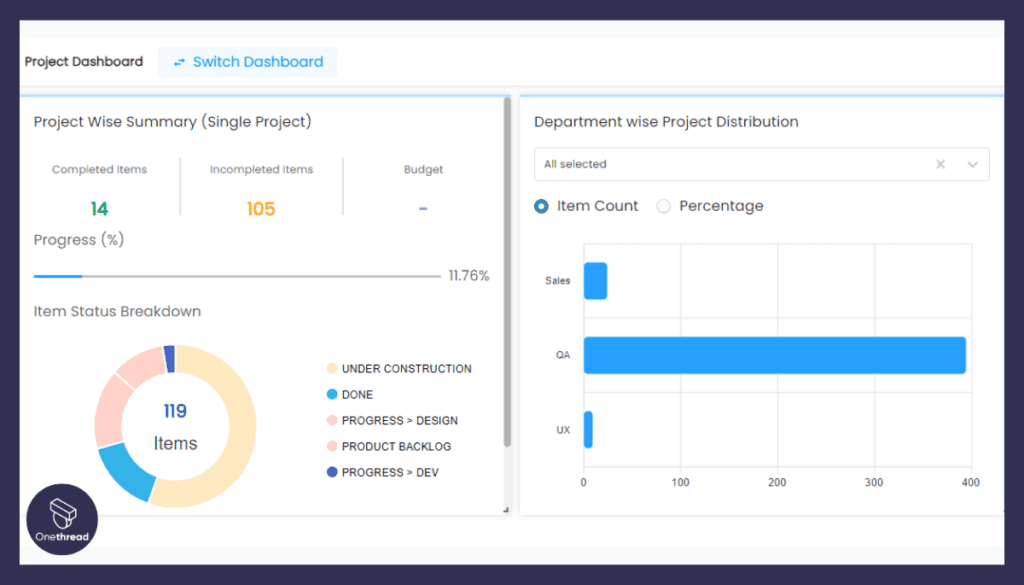
Reports in Onethread provide comprehensive insights into overall project progress. These customized reports can be generated for individual team members or the entire project, enabling real-time tracking and analysis.
Key Features:
- Centralized view of project details and progress
- Thorough burn-up charts for comparing work done against total work
- Identify task completion rates and project lag areas
- Measure team productivity and project performance
3. Enhancing Collaboration and Communication with Onethread
Effective communication and collaboration are paramount in project management. They minimize misunderstandings, align team members with project goals, and foster trust among the team.
Onethread offers a range of features to facilitate seamless collaboration and communication, ensuring efficient project execution.
Chat Application and Discussions: Real-time Interaction
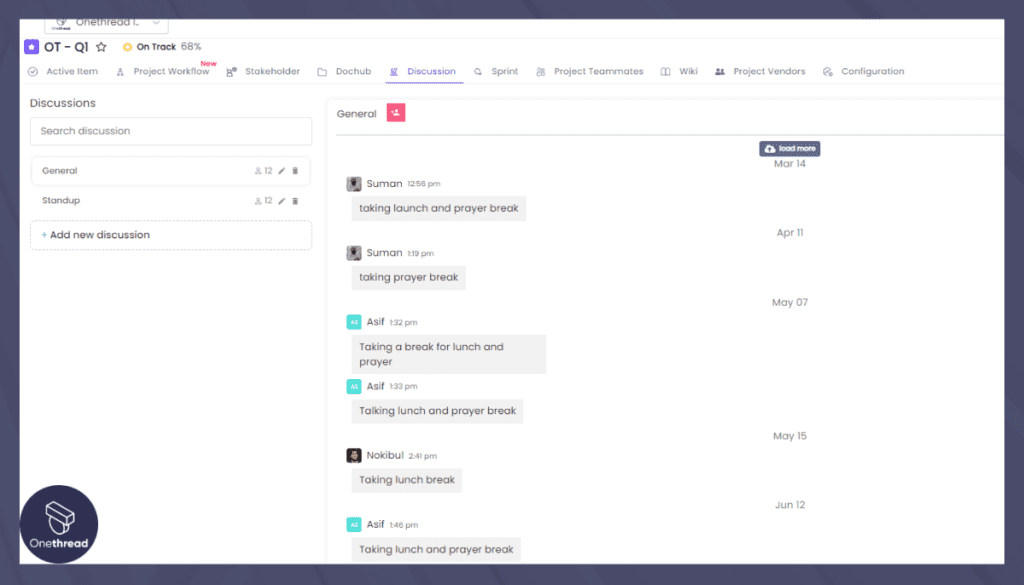
Onethread’s built-in chat tool enables instant communication and direct interaction among team members and clients. Users can engage in individual or group chats, share files, documents, and emojis, fostering quick and efficient communication.
Discussions: The Discussions section allows team members to brainstorm ideas, address specific problems, or generate new project concepts. Multiple subjects can be created, and specific individuals can be selected for focused conversations.
Notes: Centralized Project Details
Onethread’s Notes feature provides a centralized space for teams to record project details. Teams can take notes during meetings, create project wikis, track project requirements, establish rules or standards, and more. Different notebooks can be created for different purposes, enabling easy reference and retrieval of information.
File Management: Organized and Accessible Files
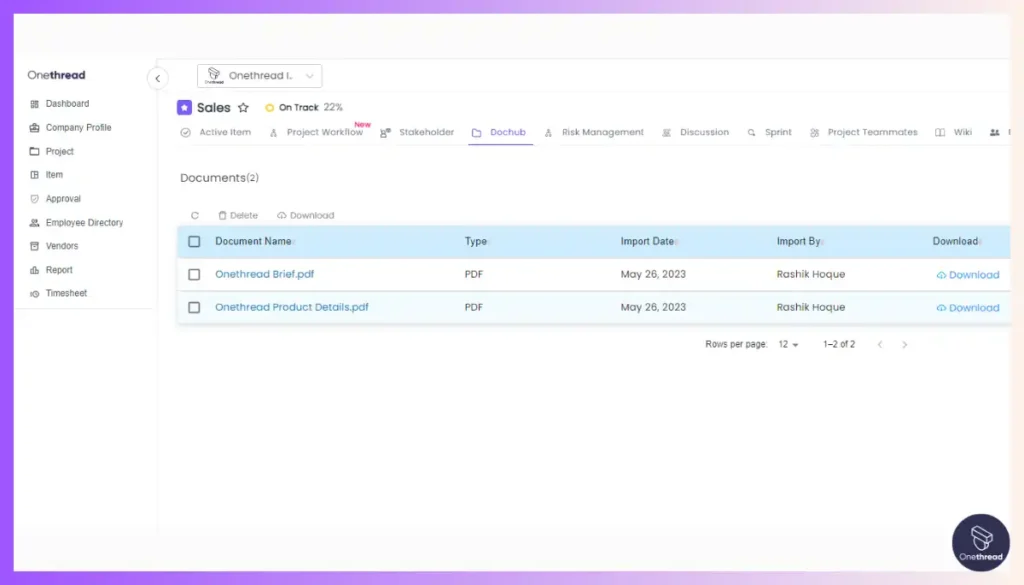
Onethread’s File Management feature allows users to upload and categorize project files into specific folders. Files can be attached to communication features like team chat, discussions, and tasks, making them easily accessible.
Users can proof files, download them, and control access based on team hierarchy. The Files section maintains version history, allowing for the creation of multiple file versions, easy reversion to previous versions, and seamless sharing with the team.
4. Maximizing Efficiency with Onethread’s Time Management Tools
Effective time management is crucial for project teams or departments to ensure project success within budget and on schedule. It not only saves time and effort but also facilitates organizational growth by allowing the management of multiple projects.
Onethread offers a range of time management features to optimize productivity and track time-related data efficiently.
Timer and Timesheets: Streamline Time Tracking
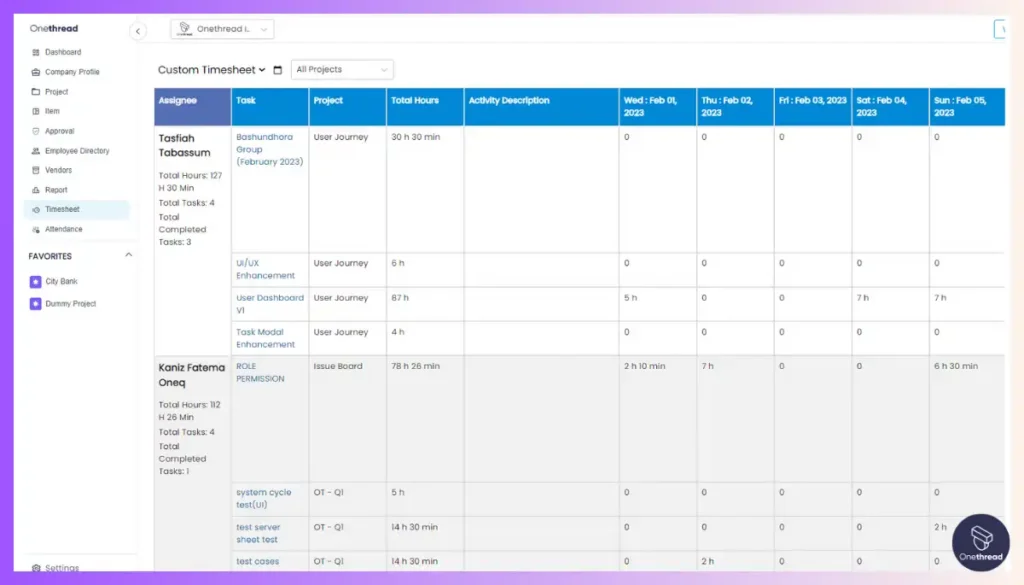
Onethread’s time tracking features bring all time-related data into one centralized location. The Timer is an automated system that records the duration of each activity. Users can start the Timer when beginning a task and stop it upon completion.
Timesheets provide a comprehensive overview of logged time by team members. Detailed reports offer insights into how time is allocated, identify time-consuming tasks, and track billable hours.
Conclusion
Project management is of utmost importance in ensuring the success and smooth execution of any project. By effectively planning and organizing resources, you can ensure that all necessary materials and manpower are readily available to carry out the tasks at hand.
This helps to prevent delays or setbacks that may arise due to lack of proper preparation. Additionally, project management plays a crucial role in meeting deadlines and staying within budget. With careful monitoring and control, you can track progress, identify potential bottlenecks, and make necessary adjustments to keep the project on track.
This not only ensures timely completion but also prevents unnecessary expenses that may arise from poor resource allocation.
Unlock project success with Onethread’s powerful project management tools. Experience the importance of streamlined processes, enhanced collaboration, and efficient task management. Take control of your projects today and achieve outstanding results. Try Onethread now!
Frequently Asked Questions
How Can Project Management Help In Improving Communication And Collaboration Among Team Members?
Project management can improve communication and collaboration among team members by providing clear guidelines, setting expectations, and facilitating effective meetings. It helps establish a common understanding of goals, roles, and responsibilities, fostering better teamwork and coordination.
What Are Some Common Challenges Faced By Project Managers And How Can They Be Overcome?
Some common challenges faced by project managers include managing scope, time, and resources. These can be overcome by setting clear objectives, creating a detailed project plan, and effectively communicating with team members throughout the project lifecycle.
What Role Does Project Management Play In Ensuring Stakeholder Satisfaction?
Project management ensures stakeholder satisfaction by effectively communicating project goals, expectations, and progress. It involves managing stakeholder relationships, addressing their concerns, and incorporating their feedback to deliver successful projects that meet their needs.
How Can Project Management Help In Identifying And Managing Potential Risks?
Project management helps in identifying and managing potential risks by conducting risk assessments, creating mitigation plans, and regularly monitoring the project for any emerging risks. It ensures proactive measures are taken to minimize negative impacts on the project’s success.
What Are Some Key Strategies For Effective Project Monitoring And Control?
To effectively monitor and control a project, you need to establish clear goals, regularly track progress, identify any deviations, take corrective actions promptly, and maintain open communication with team members.
